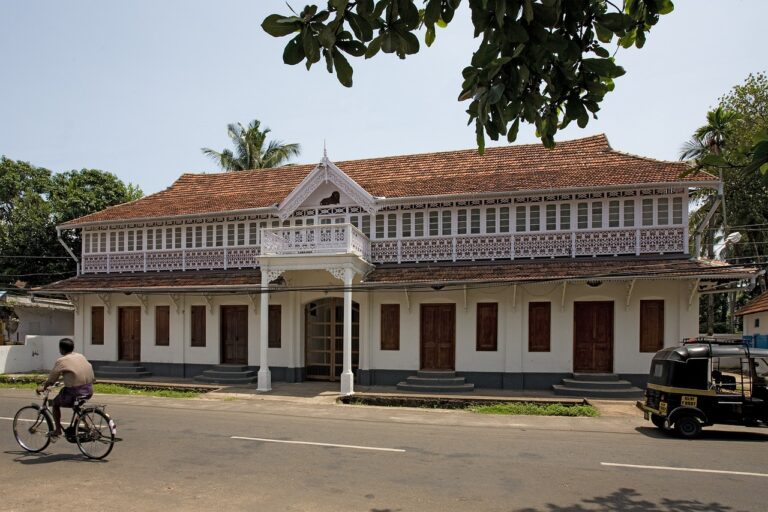Voter Trust in the Electoral Process: Restoring Confidence in Democracy
The concept of voting rights dates back to ancient civilizations, where certain groups were granted the privilege of participating in decision-making processes. In Athens, for example, only free male citizens were allowed to vote in the democratic system established in the 5th century BC. Over time, voting rights began to expand, albeit slowly and unevenly, with women, minorities, and marginalized groups fighting for their inclusion in electoral processes.
In the United States, the evolution of voting rights reflects a turbulent history marked by struggles for equality and justice. From the disenfranchisement of African Americans during the Jim Crow era to the long-fought battle for women’s suffrage, the journey towards universal suffrage has been fraught with challenges and setbacks. The Voting Rights Act of 1965 was a landmark legislation that aimed to dismantle discriminatory voting practices and ensure access to the ballot box for all citizens, regardless of race or ethnicity.
• Voting rights date back to ancient civilizations
• In Athens, only free male citizens could vote in the democratic system
• Over time, voting rights expanded slowly and unevenly
• Women, minorities, and marginalized groups fought for inclusion in electoral processes
The history of voting rights in the United States is a reflection of a turbulent past marked by struggles for equality and justice. The disenfranchisement of African Americans during the Jim Crow era and the long-fought battle for women’s suffrage are just some examples of the challenges faced. The Voting Rights Act of 1965 was a significant piece of legislation aimed at dismantling discriminatory voting practices and ensuring access to the ballot box for all citizens, regardless of race or ethnicity.
Challenges to Electoral Integrity
Ensuring the integrity of electoral processes has become an increasingly complex task in the modern world. The rapid advancements in technology have introduced new vulnerabilities that threat the accuracy and fairness of elections worldwide. From concerns over hacking and tampering with electronic voting machines to the spread of misinformation and disinformation on social media platforms, electoral systems face a multitude of challenges in maintaining transparency and credibility.
Moreover, issues such as voter suppression, gerrymandering, and voter intimidation continue to plague electoral systems, undermining the fundamental principles of democracy. These tactics are often used to manipulate election outcomes by disenfranchising certain groups of voters or by distorting electoral boundaries. As a result, ensuring the integrity of elections has become a critical priority for governments and organizations striving to uphold democratic values and principles.
The Role of Technology in Elections
The utilization of technology in elections has revolutionized the voting process in many countries around the world. From electronic voting machines to online registration systems, technology has played a crucial role in streamlining the electoral process and increasing accessibility for voters. This shift towards tech-driven election methods has not only speeded up vote counting and result reporting but has also made voting more convenient for citizens, ultimately increasing voter turnout rates in many instances.
However, despite the benefits that technology brings to elections, it also poses certain challenges to the integrity and security of the electoral process. Concerns about potential cyber threats and the vulnerability of electronic voting systems have raised questions about the reliability of election results. Ensuring the security of voter information and safeguarding against hacking attempts are crucial factors that need to be addressed to maintain public trust in the electoral system. The role of technology in elections is undeniably significant, but it is essential to address these challenges to ensure the legitimacy and fairness of the voting process.
What is the history of voting rights?
The history of voting rights dates back to ancient civilizations, but significant developments occurred during the 19th and 20th centuries as countries around the world began to expand suffrage to all citizens regardless of race, gender, or socioeconomic status.
What are some challenges to electoral integrity?
Some challenges to electoral integrity include voter fraud, manipulation of election results, and foreign interference. These issues can undermine the legitimacy of election outcomes and erode trust in the democratic process.
How does technology play a role in elections?
Technology plays a crucial role in modern elections by facilitating voter registration, streamlining the voting process, and enhancing election security. Electronic voting machines, voter registration databases, and online platforms for political campaigning are just a few examples of how technology is used in elections.







